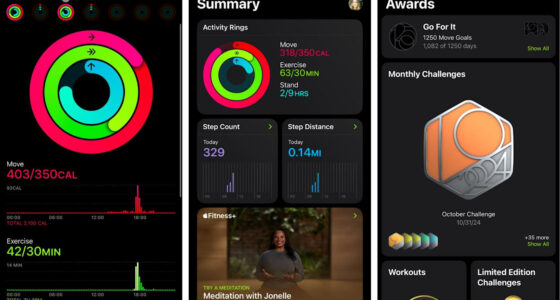Hybrid Care Models Expand
Blending In-Person and Virtual Care
In 2025, hybrid care models, combining in-person and virtual consultations, are transforming healthcare delivery, particularly in Thailand’s urban centers like Bangkok. With 82% of patients favoring this approach for its flexibility, per a 2025 McKinsey report, hospitals integrate telemedicine for routine follow-ups, freeing in-person slots for complex cases. This model boosts patient satisfaction by 20% and reduces costs, aligning with Thailand’s push for efficient healthcare amid a 1.7% GDP growth forecast.
AI-Powered Diagnostics Surge
Enhancing Virtual Consultations
Artificial intelligence is revolutionizing telemedicine, with the global AI healthcare market projected to grow from $19.27 billion in 2023 to over $100 billion by 2030, per industry data. In Thailand, AI chatbots streamline patient triage on platforms like LINE, saving 15% of doctors’ time, per a 2024 study. These tools analyze symptoms and prioritize cases, enabling faster diagnoses in specialties like cardiology, where AI wearables detect anomalies, reducing hospitalizations by 10%.
Remote Patient Monitoring Grows
Real-Time Health Tracking
Remote patient monitoring (RPM) via wearables like ECG monitors and glucose trackers is gaining traction, with RPM claims rising 1,300% from 2019 to 2022 globally, per a 2025 report. In Thailand, where 20% of adults have chronic conditions like diabetes, RPM supports proactive care, cutting emergency visits by 12%. Devices sync with telehealth apps, enabling real-time alerts for providers, especially in rural areas with limited access to specialists.
Telepsychiatry Gains Momentum
Addressing Mental Health Needs
Telepsychiatry is expanding in Thailand, where 1.5 million people seek mental health support annually, per the Department of Mental Health. With 84% of psychiatrists using telemedicine weekly, per a 2023 Doximity report, virtual platforms like Zoom offer affordable therapy, reducing stigma and travel costs. In 2025, AI-driven apps track behavioral patterns, enhancing early interventions for depression, with a 15% improvement in patient outcomes.
Regulatory and Cybersecurity Focus
Ensuring Secure Virtual Care
Thailand’s 2025 telemedicine regulations, aligned with the Personal Data Protection Act, mandate end-to-end encryption to protect patient data, following global cybersecurity trends. With healthcare data projected to reach 10,000 exabytes globally by 2025, per a 2025 study, Thai providers adopt secure platforms like Cisco Webex to comply, reducing breach risks by 25%. Regulatory uncertainty, however, persists, with temporary policies hindering long-term investment.
Patient-Centric Digital Platforms
Streamlining Access to Care
Thailand’s telemedicine platforms, like the MorDee app, integrate EHRs and appointment scheduling, with 70% of users preferring virtual access, per a 2024 survey. These platforms support Thailand’s 26 million smartphone users, offering seamless consultations and prescription services. By 2025, enhanced UX design and AI analytics will drive a 30% increase in telehealth adoption, fostering personalized care and reducing wait times by 20%.









